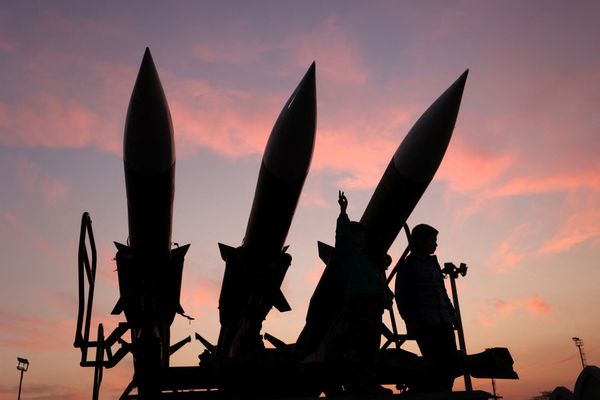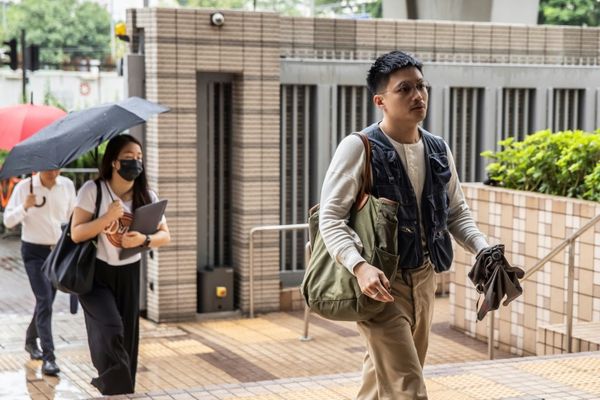
The sun was still high in the sky on the afternoon of July 28 at the Ariake Tennis Park in Koto Ward, Tokyo, when world No. 2 tennis player Daniil Medvedev of the Russian Olympic Committee complained to the chair umpire about the extreme heat during a men's singles match at the Tokyo Olympics.
The temperature was 32 C with 79% humidity. It was estimated to be over 40 C on the court.
"If I die, are you going to be responsible?" Medvedev asked the umpire.
Before the outbreak of the coronavirus pandemic, heat control was one of the biggest concerns ahead of the Games. The marathon and race walking events were moved to Sapporo with the intention of avoiding the high temperatures and humidity that are common in Tokyo in the summer months. But were any other measures taken to protect athletes from the heat?
Unanimous appeals from the tennis players prompted officials to move the first match of the day to 3 p.m. from 11 a.m. from July 29. The women's soccer final was also rescheduled from 11 a.m. to 9 p.m. A heat wave in Sapporo, where cooler temperatures had been expected, meant the start of the women's marathon was abruptly moved up to 6 a.m. the day before the event.
Ironically, officials were able to change event times flexibly because they did not have to take into consideration spectators, who were banned from most venues due to coronavirus measures.
The last-minute change of the marathon start time meant athletes were able to escape some of the heat but it also might have disrupted their pre-race preparation.
"We need to seriously consider whether we could've made the decision [to change the time] a little earlier," said Hidemasa Nakamura, chief of the main operation center of the Tokyo 2020 organizing committee.
Was it appropriate to hold the Games at this time of the year in the first place?
"If it was at any other time of the year, it would coincide with popular sports competitions in the United States, and broadcasting rights fees wouldn't sell at a high price. I don't think the International Olympic Committee would have been able to change the timing," said a senior official of the Tokyo metropolitan government who was involved in the Olympics.
"Not holding the Olympics in Japan in July or August would've been the right thing to do," organizing committee director general Toshiro Muto said on Monday, a day after the Olympic closing ceremony.
The mental health of the athletes was also a focus of attention.
Before the Olympics, tennis player Naomi Osaka said she had suffered long bouts of depression. Simone Biles, the ace of the U.S. women's gymnastics team, withdrew from part of the competition, citing mental health concerns. Social media abuse directed at athletes has also become more serious.
The Tokyo Olympics raised various issues concerning ways to better protect athletes.
Read more from The Japan News at https://japannews.yomiuri.co.jp/







